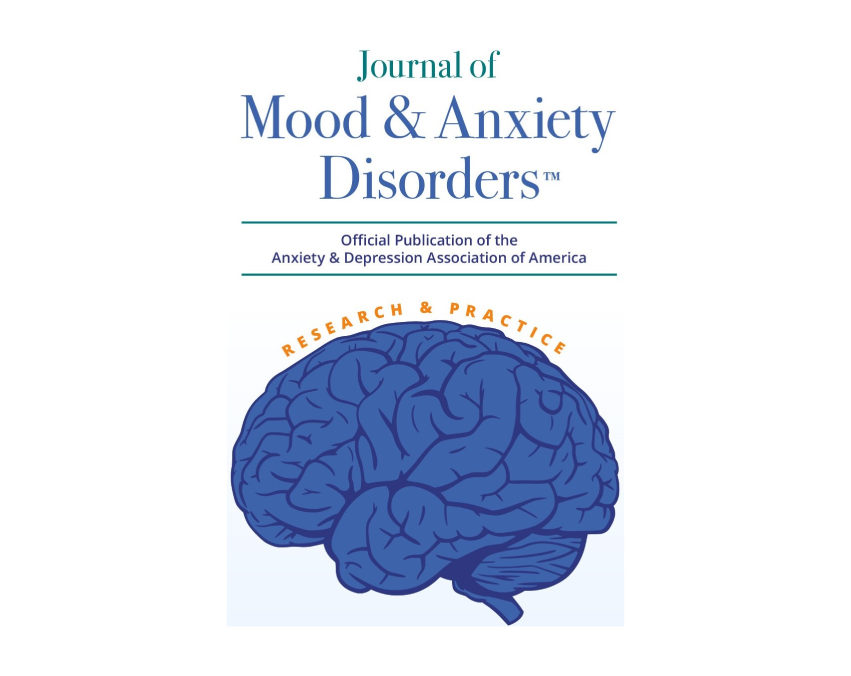
Clinical Practice Tools
- American Academy of Pediatrics
- Center for Disease Control and Prevention
- Clinical Practice Reviews
- Chronic Care Management Services
- Department of Veterans Affairs
- Diagnostic and Statistical Manual of Mental Disorders (DSM-5)
- Food and Drug Administration, Center for Drug Evaluation and Research (CDER)
- Major Depression: The Impact on Overall Health
- Master's Level Videos
- National Action Alliance for Suicide Prevention
- National Association for Behavioral Healthcare (NABH)
- National Center for Complementary and Integrative Health (NIH)
- National Institute of Mental Health (NIMH.gov)
- Primary Care Evaluation of Mental Disorders Patient Health Questionnaire
- World Confederation of Cognitive and Behavioural Therapies (WCCBT)
American Academy of Pediatrics
Center for Disease Control and Prevention
Chronic Care Management Services
We all want to provide the best care to our patients. The term “chronic care management services” or CCM has been buzzing through medical practices and among behavioral health providers in the past few years. It has become a critical component of the care we provide to our patients with multiple chronic conditions, whose management is often complex and confusing for them. Chronic care management is a critical component of primary care and behavioral health that contributes to better health and care for individuals with multiple conditions. Centers for Medicare & Medicaid (CMS) data shows that two thirds of people on Medicare have two or more chronic conditions, which means many of your patients may benefit from a CCM program, including the help provided between visits.
CMS recognizes that CCM takes time and effort. Therefore, CMS established separate payment under four billing codes to increase payment for the additional time and resources you spend to manage the care of patients with two or more serious chronic conditions outside of the usual face-to-face encounters: CPT code 99490, CPT code 99487, CPT code 99489, and HCPCS code G0506. The new codes help pay for the between-appointment help your Medicare and dual eligible (Medicare and Medicaid) patients with multiple chronic conditions need to stay on track with their treatment plans and overall health. The Connected Care public education campaign is designed to help you provide CCM services. Download the Connected Care Health Care Professional Toolkit to find information about eligibility to receive payment, resources about service requirements and how to bill, experiences from other health care professionals, and other resources to help you build an effective program in your practice.
Why make the effort?
- Your practices’ patients will gain a dedicated health care professional who can help them plan for better health and stay on track. Services such as a comprehensive care plan, timely availability of patient health information, management of care transitions, and ready patient access to their care team can improve care coordination and patient self-management.
- Chronic care management services will help your practice deliver the coordinated care your patients need and deserve. CCM services are patient-centered, high-value services with the potential to improve outcomes for patients. For dual eligible beneficiaries in one Department of Health and Human Services led pilot program, integrated care resulted in beneficiaries being 48 percent less likely to have a hospital stay, 26 percent fewer hospital stays, and 38 percent fewer emergency room visits.
- Encouraging patients to use chronic care management services will give them the support they need between visits. Having a regular touch point may help patients think about their health more and become more conscious of taking their medications and other tasks. Getting this help may also help patients feel more satisfied with their care and, by staying on track, improve adherence to their treatments.
Patients are responsible for the usual Medicare Part B cost-sharing (deductible and copay/coinsurance) if they do not have supplemental (“wrap-around”) insurance. Please note that the majority of dual eligible beneficiaries (patients with Medicare-Medicaid) are exempt from cost sharing. Medigap plans must provide wrap-around coverage of cost sharing for CCM, and most beneficiaries have Medigap or other supplemental insurance.
Getting up to speed may take some effort, but offering chronic care management services provides you the opportunity to improve patient care and grow your practice.
Share this article with your colleagues so they can learn more about the Connected Care Health Care Professional Toolkit, too. For more information about Connected Care, visit https://www.cms.gov/.
Department of Veterans Affairs
- PTSD Consultation Program offers free consultation, continuing education, and other resources for providers who are treating veterans with PTSD. Check out the suite of materials available.
- Best Practice Manual for Posttraumatic Stress Disorder (PTSD) Compensation and Pension Examinations
Diagnostic and Statistical Manual of Mental Disorders (DSM-5)
Find links to articles in Psychiatric News, fact sheets, and videos that explain the new organization and features of the DSM-5 and the diagnostic differences between DSM-IV-TR and DSM-5; visit this page to purchase the DSM-5 and for updates. You can also download the table of contents and insurance implications.
Food and Drug Administration, Center for Drug Evaluation and Research (CDER)
Master's Level Videos
Watch Treating Anxiety Disorders, a six-part educational video series created to train master's-level clinicians.
- Part 1: The Power of Anxiety
- Part 2: Treatment and Recovery: One Patient's Story
- Part 3: Medications and Cognitive-Behavioral Therapy
- Part 4: What Is Cognitive-Behavioral Therapy?
- Part 5: Implementing Cognitive-Behavioral Therapy
- Part 6: Complementary Approaches
National Action Alliance for Suicide Prevention
A Prioritized Research Agenda for Suicide Prevention: An Action Plan to Save Lives
Outline of the 30 research areas showing the most promise that could help decrease the number of suicide attempts as well as deaths in the United States, produced by the National Action Alliance for Suicide Prevention’s Research Prioritization Task Force of the National Institutes of Health. The goal for this agenda is that researchers will use it regarding the types of research they conduct in the future, funding organizations, family members, policymakers, and other interested individuals to advocate for the field of suicide prevention research.
National Association for Behavioral Healthcare (NABH)
NABH Maps Out Pathways to a Better Addiction Treatment System
The National Association for Behavioral Healthcare (NABH) today released Pathways to Care: Treating Opioid and Substance Use Disorders, a white paper that offers practical and applicable approaches to fixing America’s frayed substance use disorder treatment delivery system.
National Center for Complementary and Integrative Health (NIH)
Know the Science
National Institute of Mental Health (NIMH). NIMH is one of the 27 Institutes and Centers that make up the National Institutes of Health (NIH), the largest biomedical research agency in the world. NIH is part of the U.S. Department of Health and Human Services (HHS).
The National Institute of Mental Health (NIMH) is the lead federal agency for research on mental disorders.
Primary Care Evaluation of Mental Disorders Patient Health Questionnaire
World Confederation of Cognitive and Behavioural Therapies (WCCBT)
The World Confederation of Cognitive and Behavioural Therapies (WCCBT) is a global multidisciplinary organization dedicated to the promotion of health and well-being through the scientific development and implementation of evidence-based cognitive behavioral strategies designed to evaluate, prevent, and treat mental conditions and illnesses.
This page was last updated in March, 2024. ADAA is currently working on further updates to the page.








